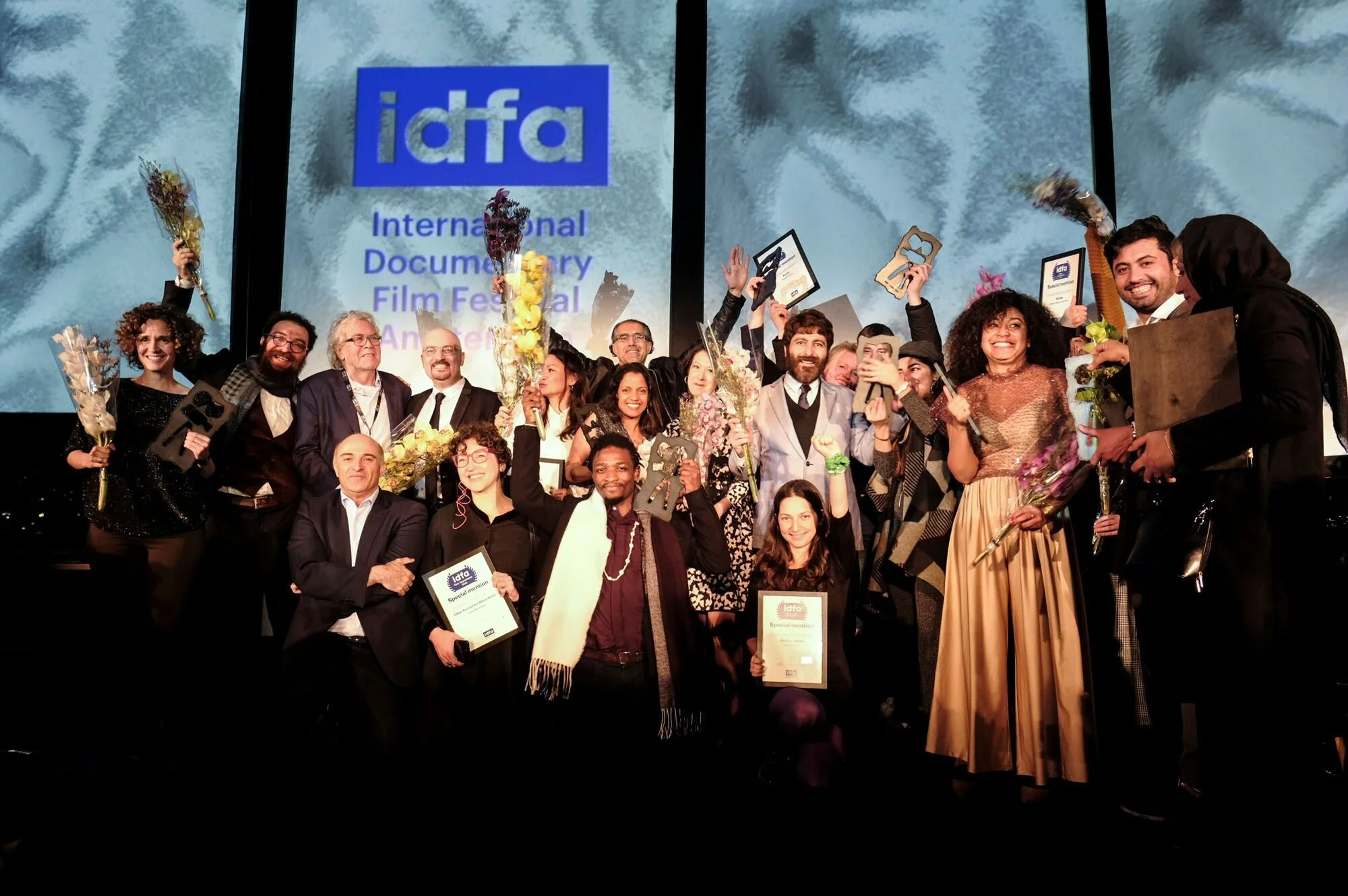The man reuniting lost children with their parents in the world’s biggest refugee camp
This week, We The Peoples Film Festival took place at The Cinema Museum in London. The festival is backed by the United Nations Association Westminster Branch and screens a mixture of documentary films, all shining a light on humanitarian issues. Our contributor Gabriella Volak was in attendance to catch “Lost and Found”, now available to watch on Youtube.
Kamal’s mission is simple: to reunite lost children with their parents. He runs the Lost and Found booth in Kutupalong refugee camp in Bangladesh, now home to close to a million people. Academy Award winner Orlando von Einsiedel (“The White Helmets”, “Virunga") teamed up with National Geographic and Grain Media to tell his heroic story.
The refugee camp’s recent swell in numbers is due to the mass persecution of thousands of Rohingya people in Myanmar’s Rakhine state between 2016 and 2017. “Ethnic cleansing”, “genocide” and “clearance operation” are some of the ways the Rohingya’s strife in Myanmar has been described. Historically mistreated by the Myanmar government, in 1982 new legislation deemed Rohingya not recognised as one of the ‘national races’ and they were thus excluded from legal protection, as well as becoming essentially ‘stateless’.
The situation spiked in Autumn 2016 when the Myanmar military began a crackdown on Rohingya people, involving extensive human rights violations including extrajudicial killings, gang rapes, arson and a subsequent clearance operation. Hundreds of thousands of Rohingya were forced to leave Myanmar, the majority of which have ended up in Cox’s Bazaar refugee camps like Kutupalong.
To the backdrop of this cruel havoc, Kamal strikes the figure of a guardian angel. He himself was persecuted and orphaned as a Rohingya child in Myanmar, before leaving for Bangladesh nearly twenty years previously.
The extent of the 700,000 Rohingya’s exodus into Bangladesh is given a frightfully visual demonstration by the film. Birds-eye-view shots reveal a sprawling settlement allegedly more densely populated than central London. When you take into account the fact that there are no multi-storey buildings to be seen, the statement is even more staggering.
Today, this is the world’s biggest refugee camp.
With that in mind, Kamal’s mission of finding lost children seems devastatingly impossible. Particularly when you consider the fact that he has no location devices or GPS. There are no street names in Kutupalong, let alone Google maps. And yet, Kamal has successfully reunited over 700 children with their parents.
When considering the problem, he came to a very simple solution: “I just bought a microphone”. His speaker stands tall amongst the one-storey dwellings, a symbol of hope. From the centre of the camp, Kamal’s chirpy voice can be heard droning in the background, unrelentingly delivering terrible news. But, its purpose is to rectify that.
Kutupalong refugee camp in Bangladesh. Photo credit UNHCR.
In many ways, that image sums up the film’s formula. When faced with paralysing negativity, focus on the positive. In spite of the horror and sadness, we have Kamal. Von Einsiedel has placed a magnifying glass on a pure and kind man and his mission, for which he is unrelenting. In the face of adversity, Kamal has turned his own difficult history into a source of empowerment as he dedicates his life to finding lost children among these refugees.
This helps balance the viewers emotions . We experience joy and we experience pain. An accurate portrayal of the circumstances, I imagine, would be far more disturbing.
Here, the shock comes from the way of life that Rohingya children are forced to live from such an early age. At one stage we see one lost child being handed over to Kamal by a scarcely older child. Forced to grow up fast, their burden of responsibility is palpable and yet none of the ones we meet in the film can be older than ten.
Most of the Rohingya people have fled Myanmar so the situation is now stagnant. Unfortunately, there is no present hope of relocation for the Rohingya. Myanmar no longer recognises them as citizens and regardless, they are unwilling to return. In addition, Bangladesh, India and other neighbouring countries refuse to shoulder the influx of close to a million refugees.
The International Court of Justice has filed a genocide case against the Myanmar Government, with developments anticipated over the coming weeks. It’s with the same faith that has empowered Kamal to act that the international community hopes some justice can be won for the long-suffering Rohingya.








